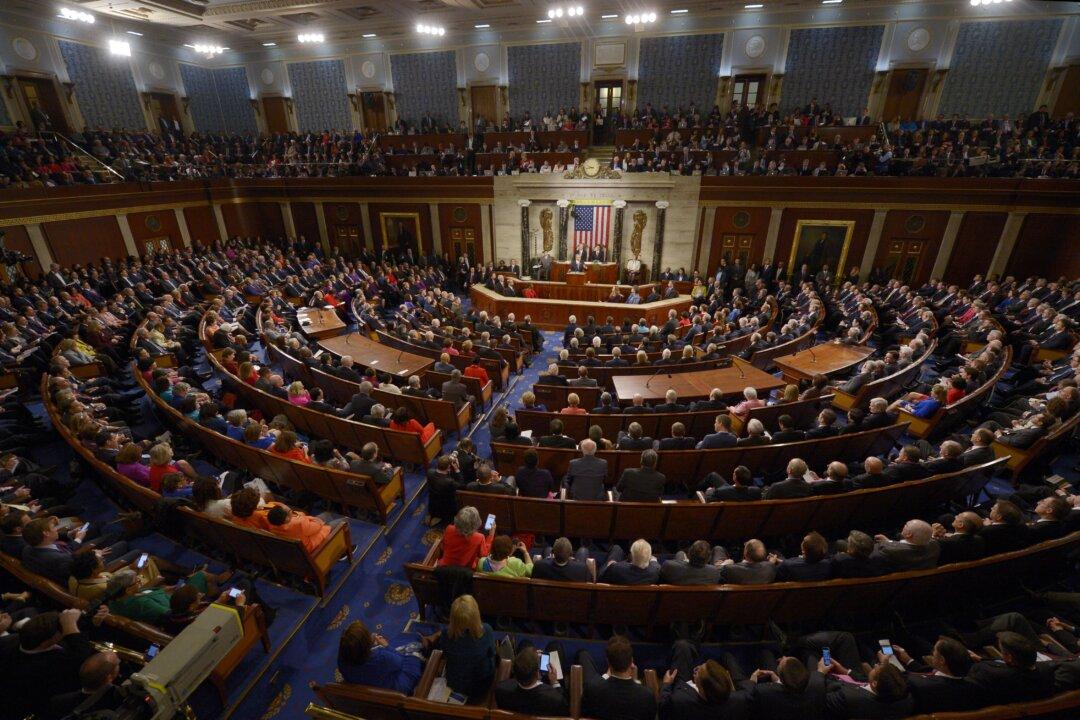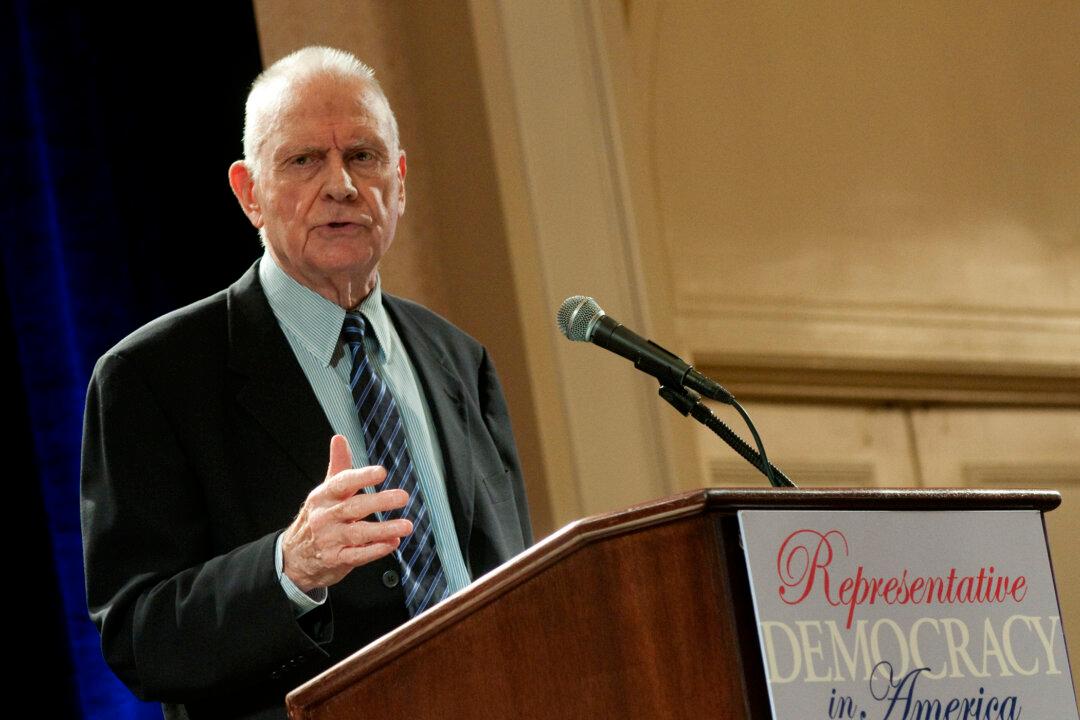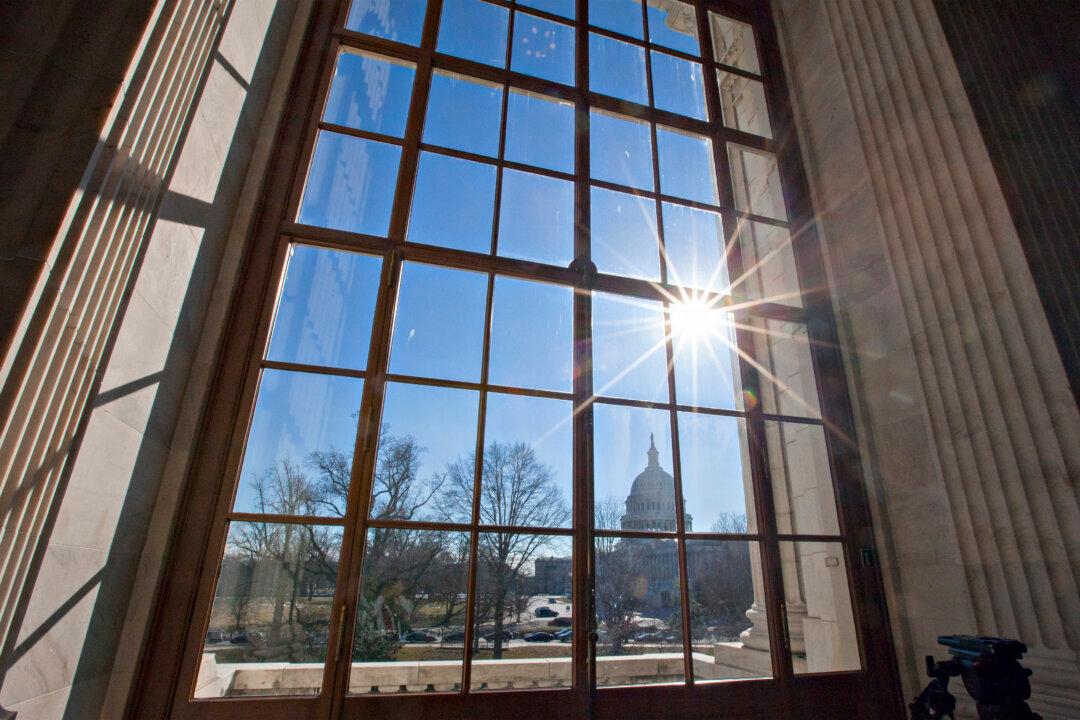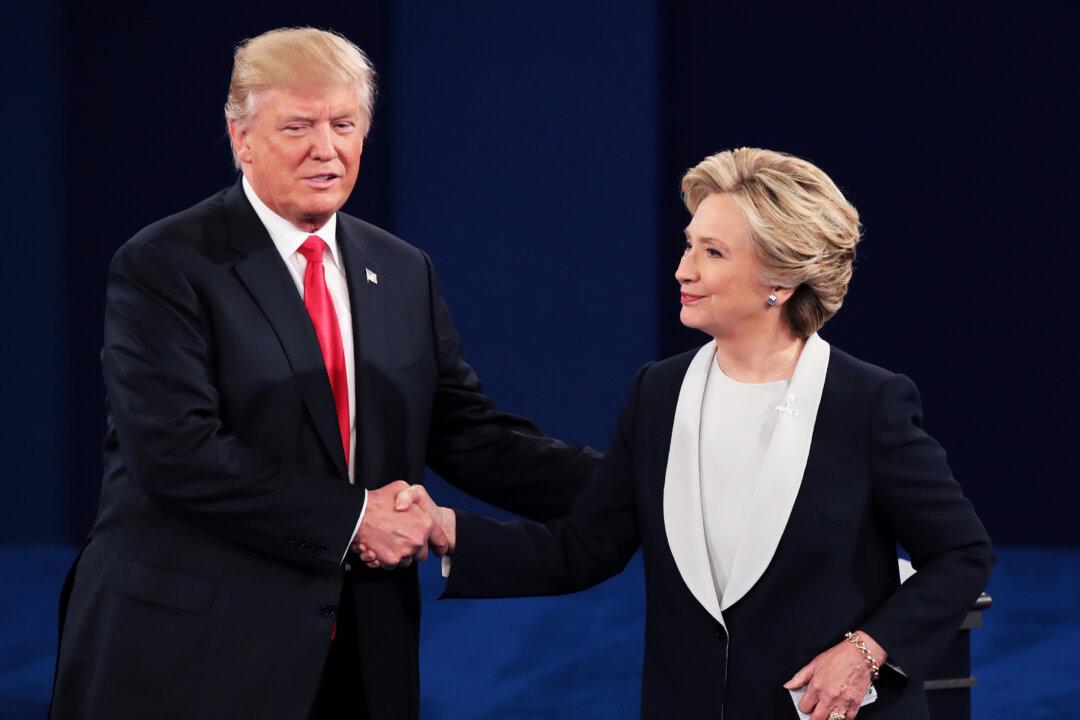Over more than three decades in Congress, I had the chance to question a lot of federal officials. Most of the time I wasn’t after anything dramatic—I just wanted to understand who was responsible for certain decisions. Want to know how often I got a straight answer? Almost never.
It was easily one of the most frustrating aspects of trying to ensure robust oversight of the government. Our representatives’s job, after all, is to help make government work better. And you can’t do that if you don’t know whom to hold accountable for important decisions. I don’t want to be unfair to officials in the executive branch, many of whom are dedicated public servants who work long hours to serve the rest of us. But they have raised to an art form the ability to dodge responsibility.




